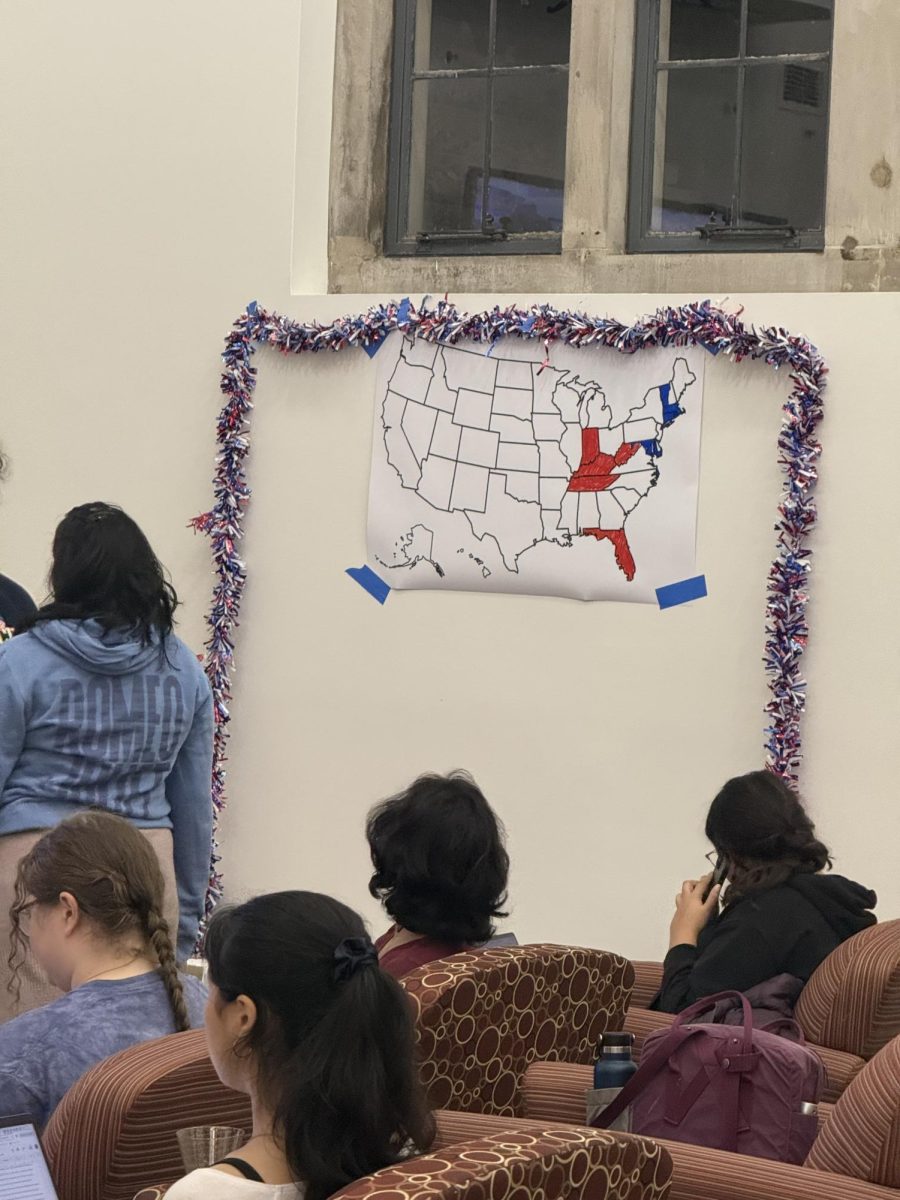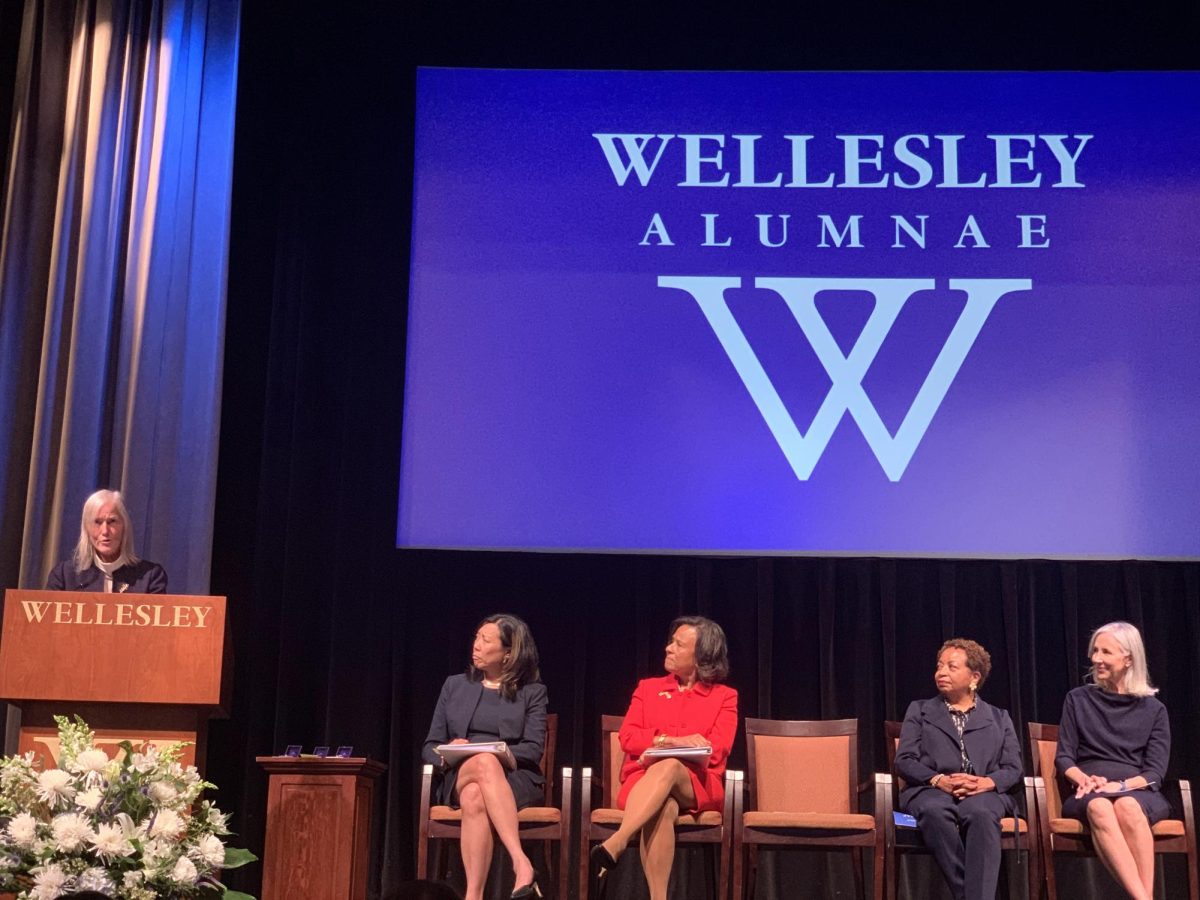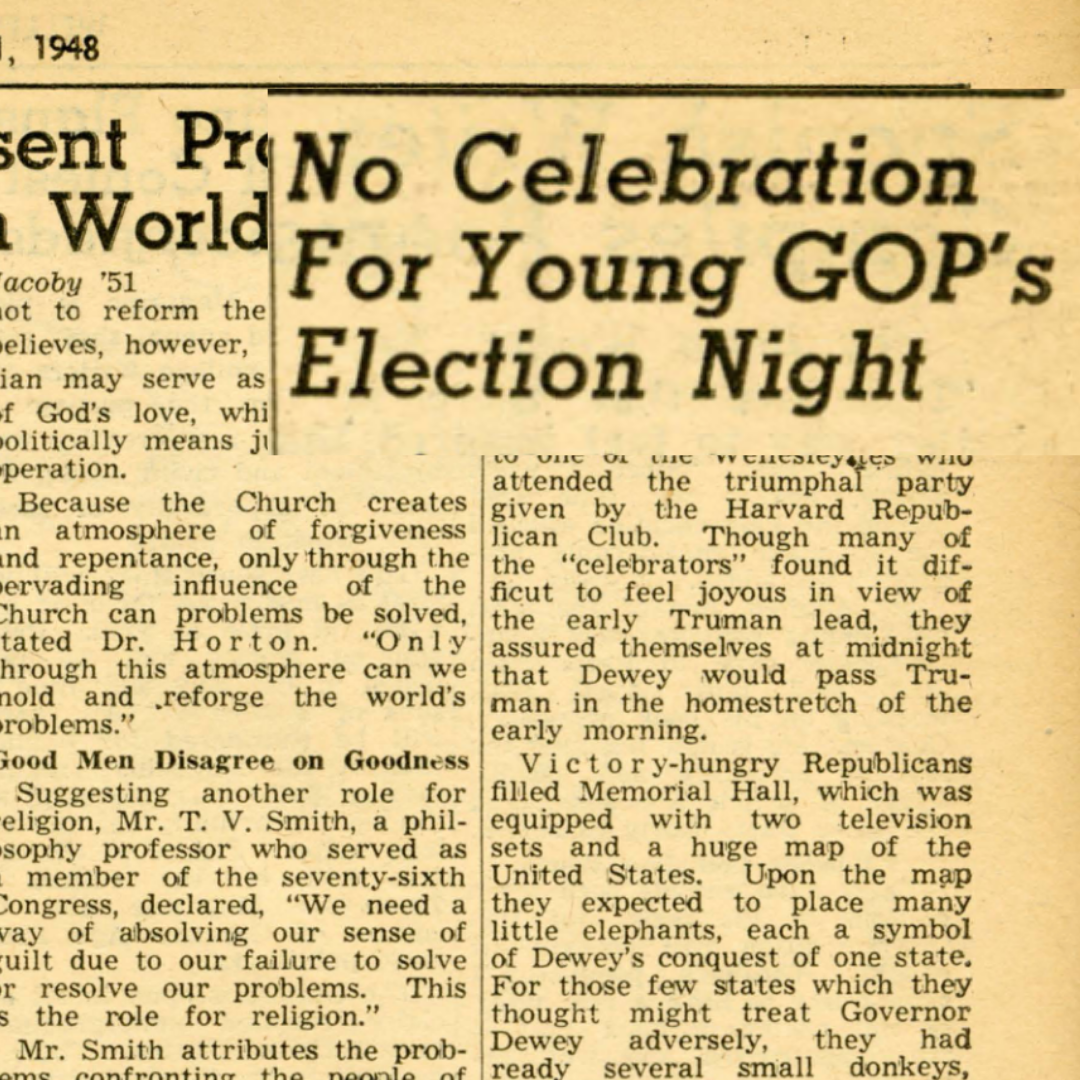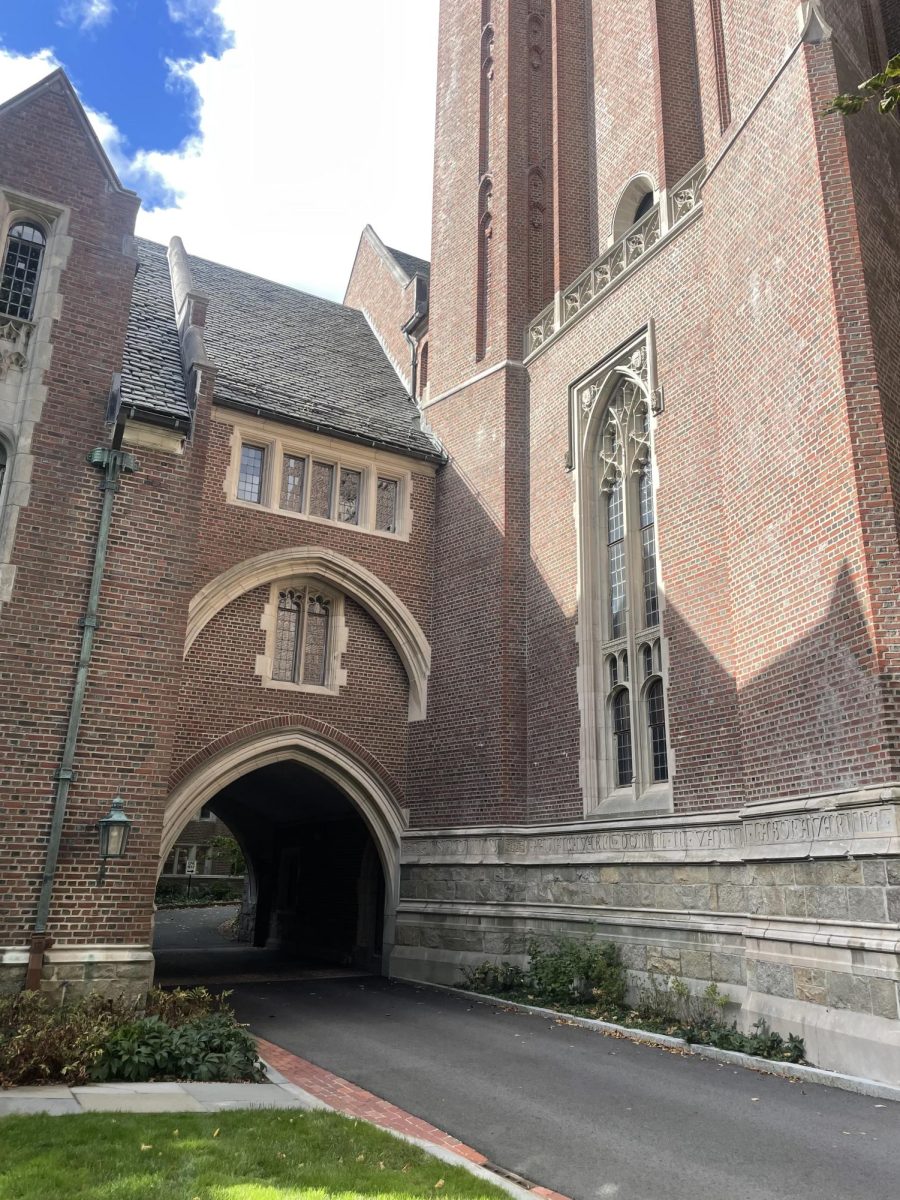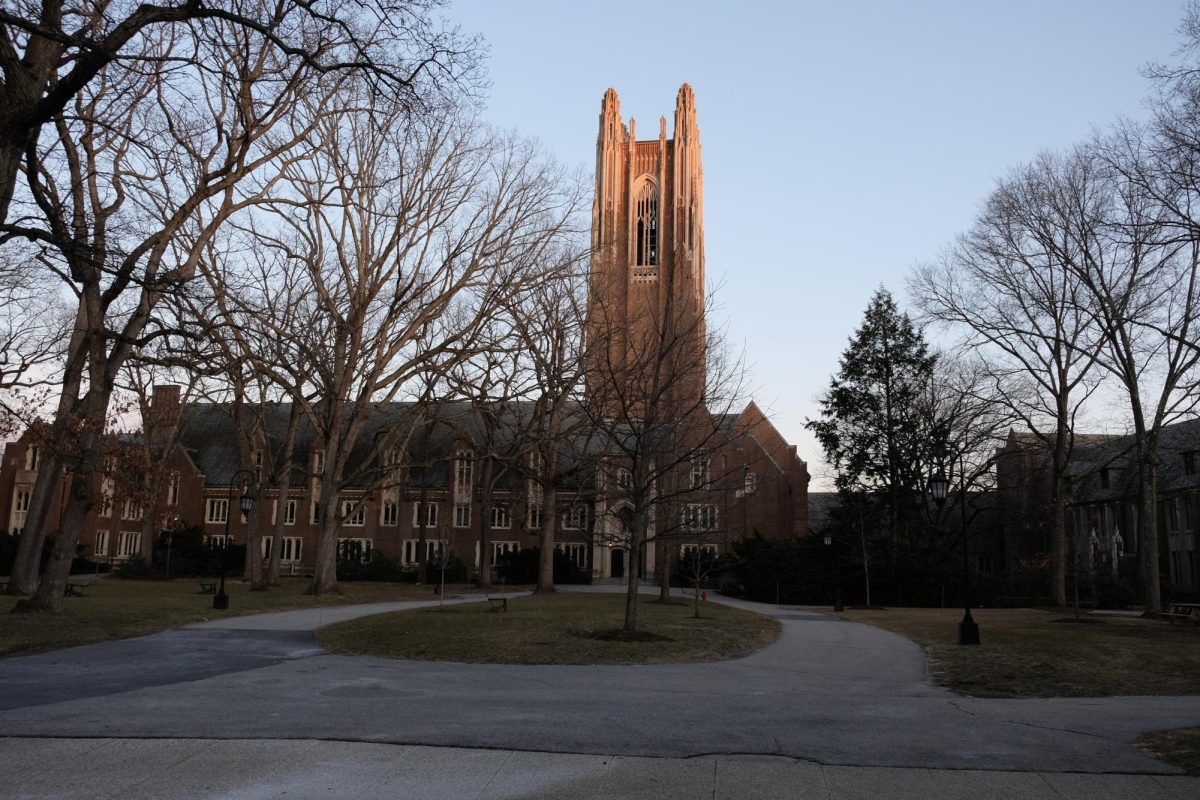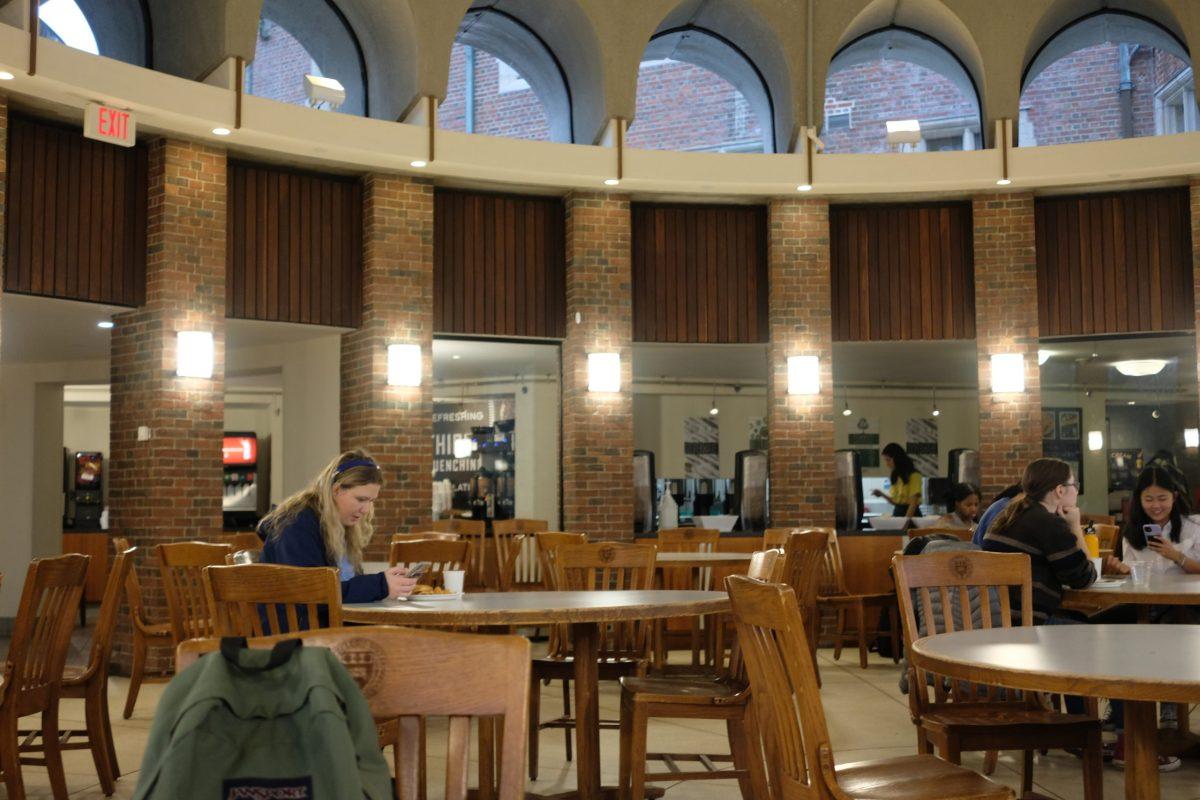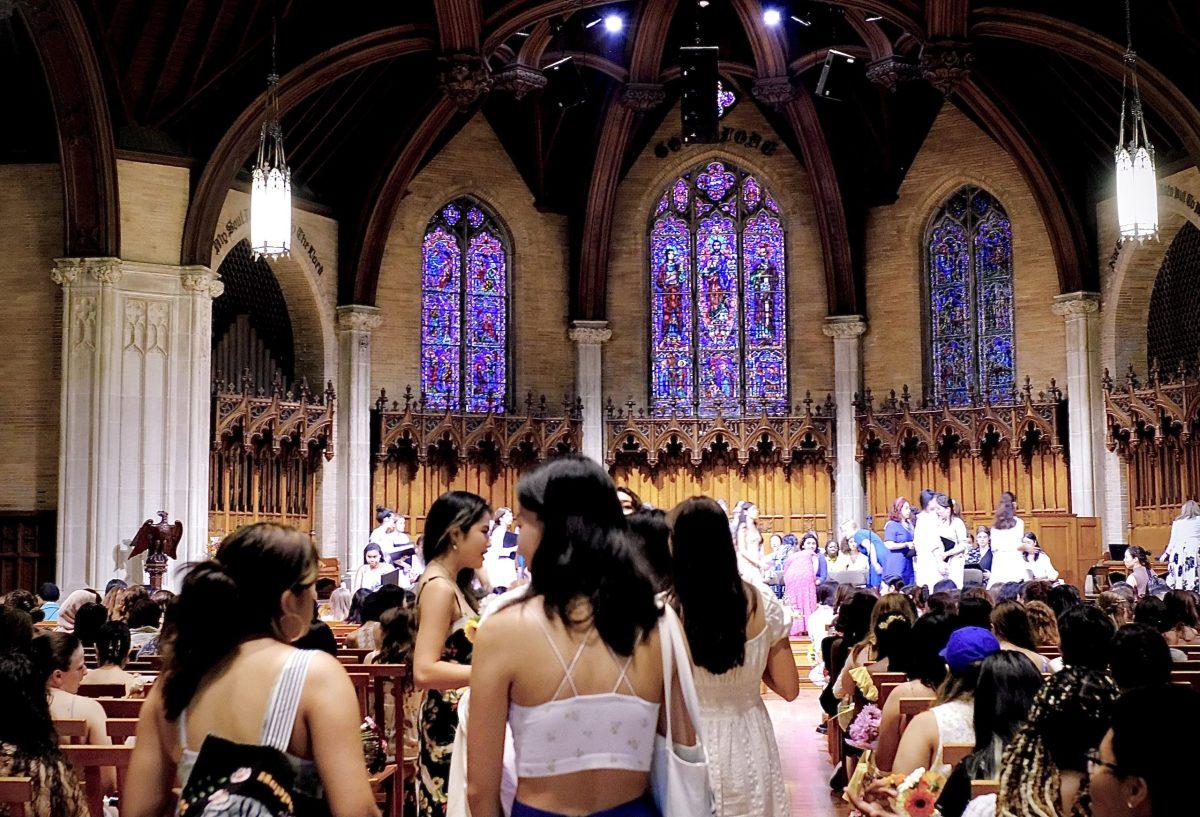By EVELYN TAYLOR-MCGREGOR ’16
Assistant News Editor

by Pamela Wang ’17
Staff Photographer
Because international students aren’t eligible for federal financial aid, Wellesley can only provide them aid through grants that come from the endowment. Therefore, there is limited funding, and international students who need financial support are more likely to be refused admission than domestic students who need aid.
Domestic admission is “need-blind,” meaning that an applicant’s financial status is not taken into consideration when officers are deciding which students to accept. In contrast, there is a limited amount of money available to fund international students who require financial assistance to attend Wellesley. Because Wellesley can’t provide aid to all international students who are admitted, officer take the financial status of international students into consideration, and admission for these students is “need-sensitive.”
According to Scott Juedes, the director of student financial services, money for international students comes from endowed funds that are specifically designated for grant assistance to international students. Approximately 38 percent of international students receive financial aid and the average grant package is just below $47,000 a year. Additionally, international financial aid differs from domestic financial aid in that families are not required to file a renewal application each year. Instead, the grant offered with admission is maintained throughout the student’s time at Wellesley. The amount of money available for incoming international students changes from year to year as a function of the endowment and is unrelated to the financial aid needs of the admitted domestic students.
Wellesley has committed to meeting all students’—both domestic and international—full demonstrated need if they are offered admission. Because international students, unlike their domestic counterparts, are ineligible for federal funding or federal loans, Wellesley must cover a student’s entire demonstrated need in grant scholarships. Jennifer Desjarlais, the dean of admission and financial aid, explained that the limiting factor for admitting international students is the additional cost the college must undertake to support international students who require financial aid and the limited funds designated to do so.
“It’s costlier to fund non-U.S. citizens and the funds we have in the endowment are restricted for those students,” Desjarlais stated. “If there were more funding designated for international scholarships there would be more students … a lot of it goes back to the fact that the only funding that goes into an international student’s funding is scholarships.”
The admission process for international students is much like the admission process for domestic students. Students are evaluated in the context of their country, region and school—not nationality—by a subcommittee comprised of a student, a faculty member, the dean of admissions and an admissions counselor. All international students who are deemed admissible by the committee continue on to the final round of evaluations, when financial aid requirements are scrutinized. Students who do not require financial aid or who have not applied for financial aid are admitted and do not have to pass the final evaluation. Desjarlais emphasized that all students are evaluated on admissibility before their finances are considered and are therefore all highly qualified.
“When we hear ‘need-sensitivity’ we think, ‘Oh less well-qualified students who can afford to pay are admitted’…and that is certainly not the case at Wellesley because we’re advantaged in having a highly qualified and talented applicant pool and we’re selective and we’re applying the same set of standards.”
However, the international students who do require financial aid are less likely to be admitted. During the final evaluation, financial aid is awarded to the most qualified international students from around the world first until the funds run out. Because more applicants apply than the College can afford, each year between 30 and 35 international students are awarded aid and 60 to 70 international students are refused admission due to their financial status alone. Desjarlais explains that international students who do require financial aid are not disadvantaged in the initial selection process but are less likely to receive an offer of admission due to financial reasons.
“You’re not any more disadvantaged in the selective process. It’s just harder for you as a candidate,” she said. “Your chances are slimmer if you do require aid in the international pool.”
Loriade Akin-Olugbade ’14, a student reader on the board of admission who reads many international applications, stated that readers in the initial selective process are aware of which students are applying for aid and which are not, although they cannot see students’ specific financial standings. However, she also stated that the only reason she would look at whether a student is applying for financial aid or not is so she can arrange the admissible applications into a ranking before they are sent to the final financial aid committee.
When deciding which top students from around the world are awarded financial aid, the committee attempts to spread the money around the world to foster diversity on campus, according to Desjarlais. Akin-Olugbade echoed the importance of diversity and investing in students with unique backgrounds.
“We need diversity at Wellesley, we need that student from one corner of the world where we never admit students, and money shouldn’t be a problem.” Akin-Olugbade said, “If Wellesley has the money to be able to admit that student and she has the qualifications to allow her to be successful at Wellesley, I would definitely root for her.”

